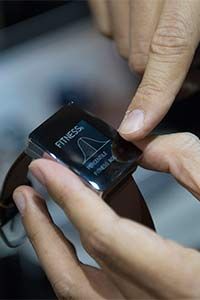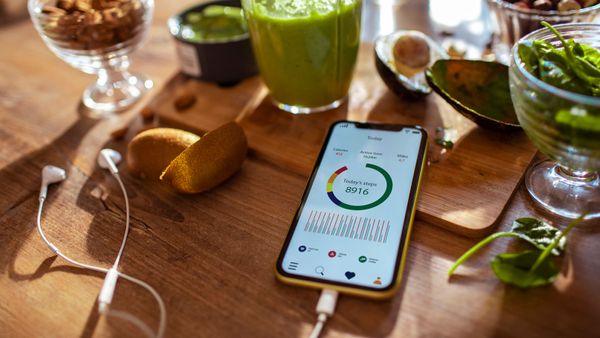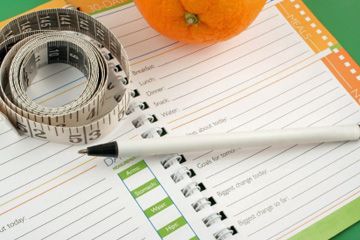Dear Diary,
Today, Bobby asked me to the prom! I also caught those mean girls gossiping about me again. I took 9,482 steps, consumed 1,470 calories, drank 120 ounces of water, slept for seven hours and 20 minutes and had an average stress level.
Advertisement
More tomorrow!
Suzy
Now, that's not your Grandma's journal entry! Modern tracking capabilities have totally changed the face of how we can see and recall our day-to-day lives. Known as lifelogging, the practice is trademarked by the use of some type of technology, like a Fitbit, nutrition app or even a wearable camera, to track and record behavioral data, like how much you sleep, eat or exercise. People with health issues, like diabetes or sleep problems, have traditionally used similar devices to help them pinpoint danger zones or figure out corrective actions. Now that the practice has gone mainstream people are collecting all varieties of data, often with the intent of improving health and overall quality of life.
Also known as "self-tracking," lifelogging is picking up speed thanks to how easy it is to use the technology and analyze the resulting data, although it hasn't won everyone over yet. A Pew Research survey of U.S. residents found that 69 percent of adults keep track of at least one health-related metric, such as diet, weight, symptom or exercise. Of that number, 21 percent use some sort of device or app designed for the purpose (8 percent use a medical device like a glucose meter and 7 percent use an app). Another 34 percent use old-fashioned pen and paper while 49 percent reported keeping mental tabs, choosing to rely solely on their own recall and calculation [source: Fox and Duggan].
The problem with keeping track "in your head" is that humans are far more prone to over or underestimating things than modern technology is. I enlisted the help of several friends to prove this point. None had ever tracked calories or steps before. Beth estimated she'd consume about 1,000 calories a day, but wound up with closer to 1,200. Molly was shockingly accurate, with 1,746 calories versus her guess of 1,800. Peri fell just short on her estimated number of steps (15,000) with 13,179, while Jen blew her 1,500 step guesstimate away with 4,836. When I first began using the My Fitness Pal app for nutrition tracking purposes I was stunned by how my perception of my calories/sodium/fat intake was wildly different than reality. Cold, hard data doesn't lie, my friends.
Advertisement



